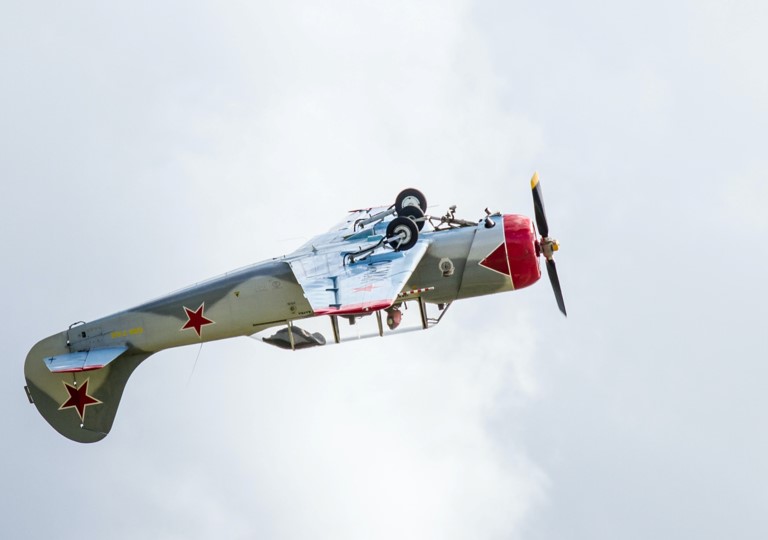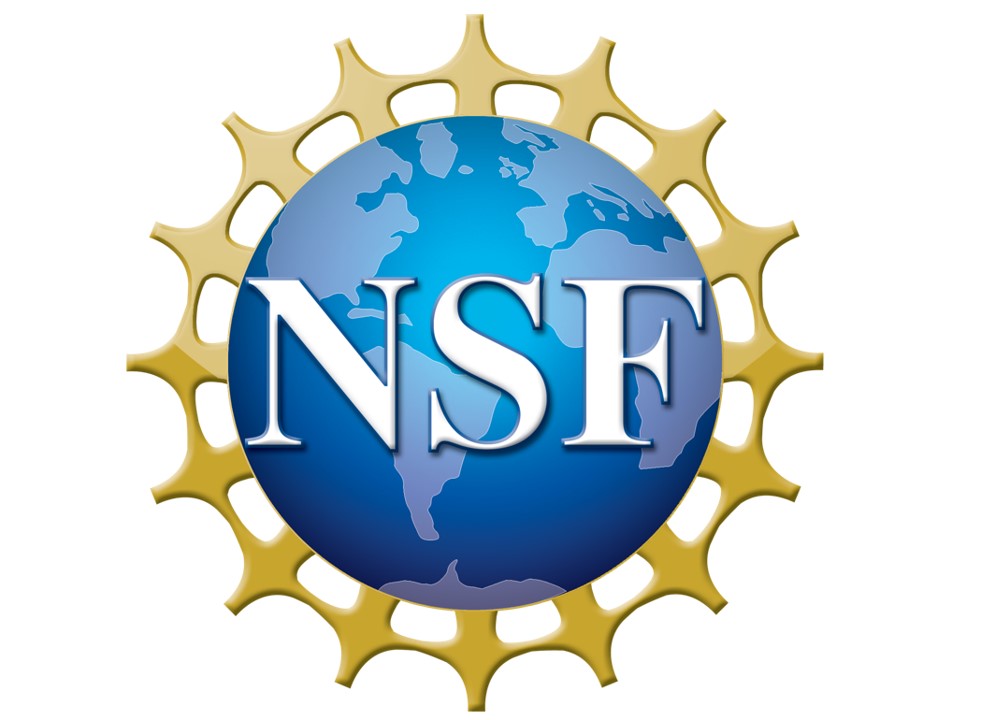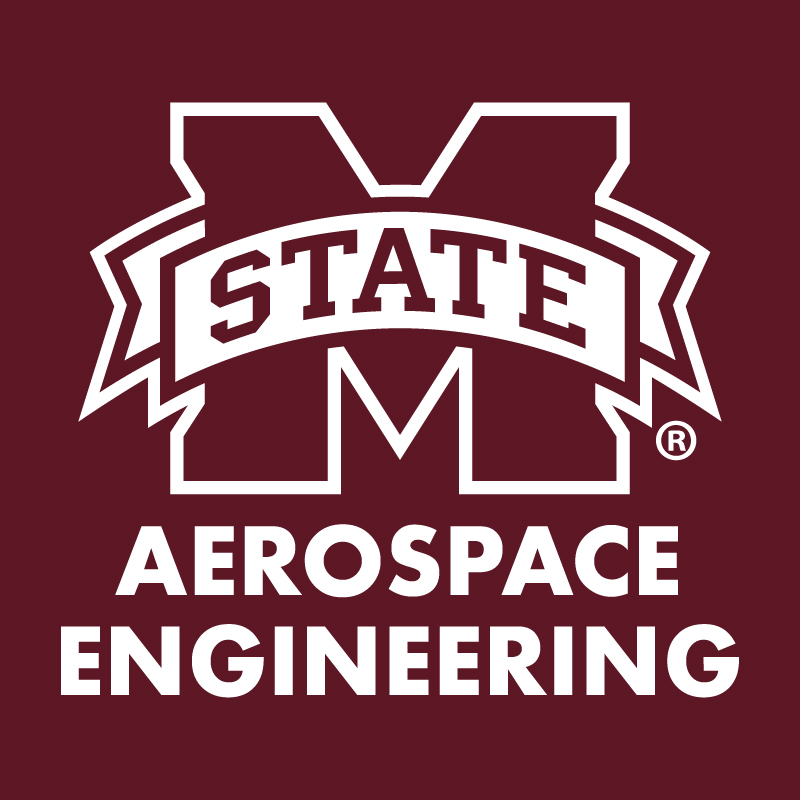
Research Intrests
The group is pursuing research in the following areas:
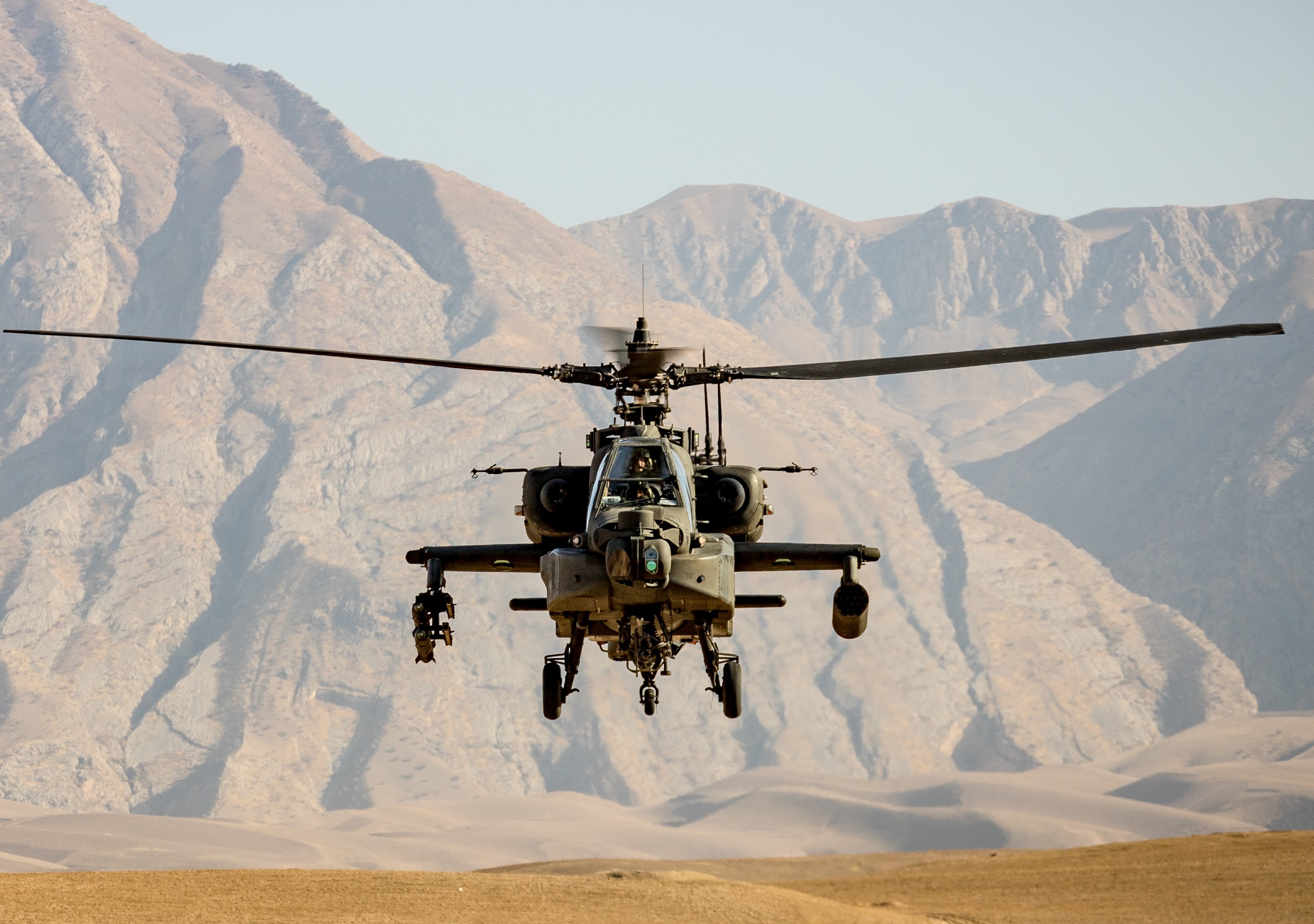
Unsteady Aerodynamics - Modeling and Control
Aerodynamic forces and moments of surfaces subjected to dynamic motions or rapid changes in freestream conditions are highly influenced by unsteady flow separation and vortex shedding. The non-linear deviations in the aerodynamic loads from typical steady behavior crucially impact the performance, safety, and control of aerodynamic systems operating in these conditions. Understanding, detecting, modeling, and controlling these unsteady flow phenomena can help in positively harnessing their effects to improve aerodynamic efficiency and vehicle performance, and is the overarching theme of our research in unsteady aerodynamics.
Projects:
Propeller-Wing Aerodynamics
With the current widespread use of small-scale UAVs and increased interest in distributed electric propulsion aircraft for urban-air mobility (UAM), much emphasis is being placed into properly understanding wing performance characteristics when subject to propeller-induced flow conditions at the low speeds experienced by said vehicles. Hampered by low Reynolds number effects which are difficult to predict and manage, vehicles operating in these regimes tend to be aerodynamically inefficient and technologically infeasible. Our research investigates the interactions between the three-dimensional wing aerodynamics, low-Reynolds-number effects, and the induced flow of the propeller to answer the design challenges associated with low speed propeller-wing systems
Projects:
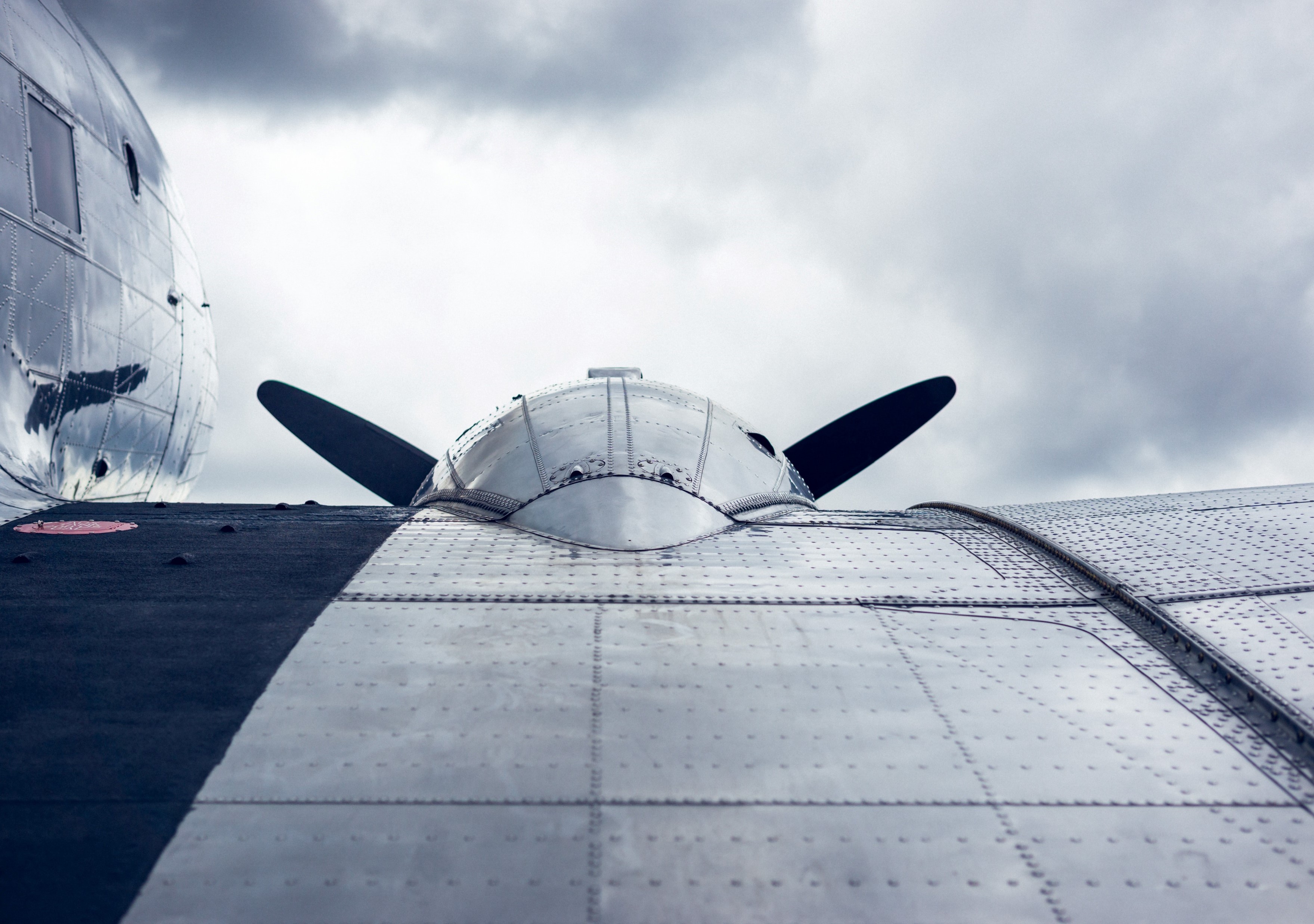
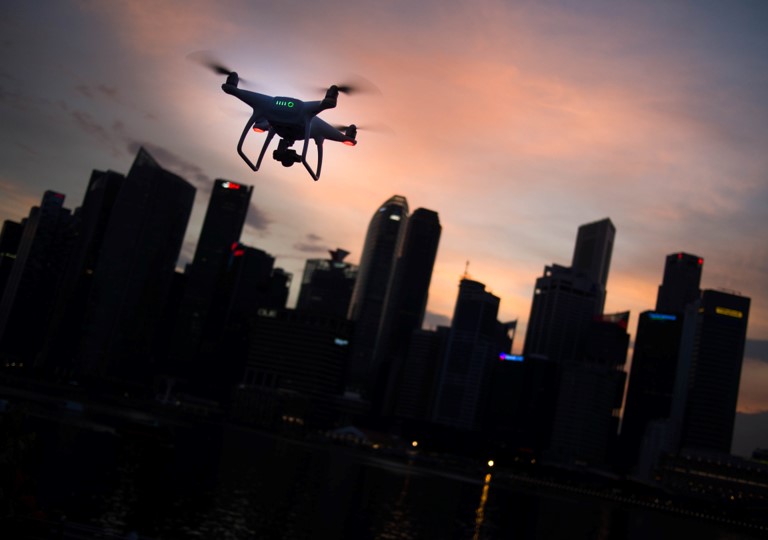
Propeller Aerodynamics and Aeroacoustics
The rise in popularity of low-speed, propeller-based aerial vehicles in the civilian sectors necessiates the consideration of the aeroacoustic efficiency of propellers in tandem with performance. While the aerodynamics of rotor-based systems and its associated noise generating mechanisms have been well understood for full-scale helicopters, the resulting analysis and conclusions are not applicable to low-speed propellers due to the dynamic dissimilarity in the operating flow regimes. Our research aims to establish the connection between the various unknowns in low-speed propeller flow physics and their connection to performance and noise in the pertinent operating flow regimes.
Projects:
Flight Dynamics - Estimation and Control
Our research in flight dynamics revolves around measuring and characterizing the non-linear aerodynamics and stability derevatives of flight vehicles executing dynamic maneuvers. The knowledge is then leveraged to develop feasible stratergies to overcome loss of control type situations and increase operability in adverse weather conditions.
Projects:
